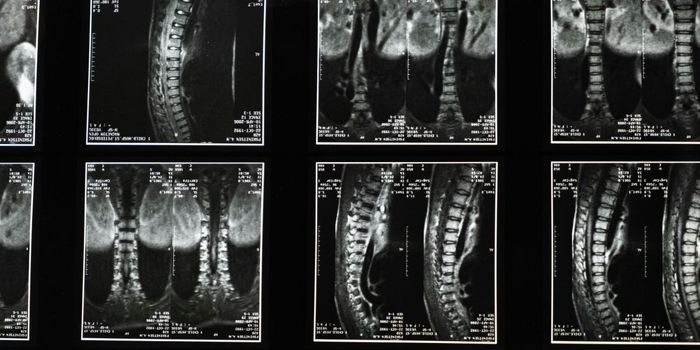Time-restricted Eating Plus HIIT Improves Health Measures
A recent study published in Cell Metabolism has shown that the combination of high-intensity interval training (HIIT) and time-restricted eating (TRE) improve several measures of cardiometabolic health in women with obesity more than either intervention does alone.
This randomized controlled trial included 131 women with pre-obesity or obesity. The participants were divided into four groups: a control group, a HIIT group, a TRE group, and a HIIT plus TRE group. The interventions lasted for seven weeks, and cardiometabolic measures such as blood glucose, blood pressure, body mass index, and cholesterol levels were taken before and after the intervention. HIIT was defined as exercise done at 90% of the participant’s maximum heart rate for 35 minutes three times per week, and TRE was defined as consuming food in a window of 10 hours or less per day with no restrictions on calorie intake.
The results showed that the combination of HIIT and TRE improved glycemic control and caused greater reductions in total fat mass and visceral (abdominal) fat than either TRE or HIIT alone. The study also had a high adherence rate, suggesting that these strategies may be realistic interventions in everyday life.
Diet and exercise are major factors in heart health, and obesity is strongly tied to an increase in cardiovascular disease risk. The authors noted that a combination of HIIT and TRE may be a relatively straightforward way for people to improve their dietary and exercise habits. TRE tends to be easier than other dietary interventions because it doesn’t require calorie tracking or restrictions on certain foods. HIIT is very time-efficient and requires only about 35 minutes three times per week; lack of time is a primary reason for quitting exercise routines. Due to their relative simplicity, TRE and HIIT are a promising avenue for improving weight and heart health in the general population.
Sources: Cell Metabolism, Science Daily








